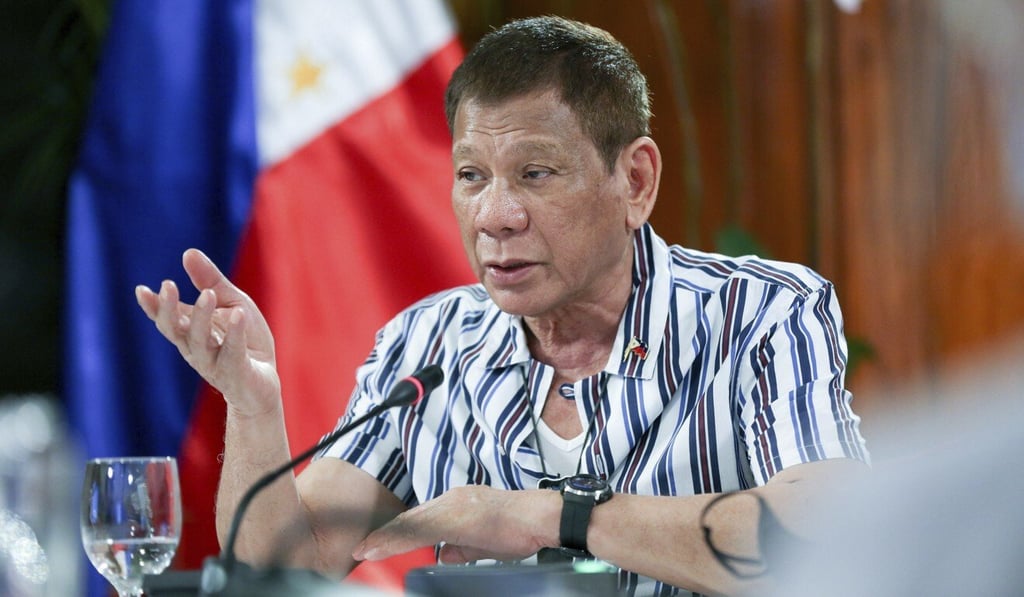Advertisement
Sedition case against Philippine teacher who threatened Duterte’s life dropped
- Warrantless arrest of Ronnel Mas, who tweeted he would pay anyone willing to kill Duterte, is ‘unlawful’, says judge
- Ruling comes ahead of a new anti-terror law which would allow the government to order warrantless arrests and detain people without any charges filed
Reading Time:3 minutes
Why you can trust SCMP

A Philippine court has dismissed a sedition case against a schoolteacher who was arrested without a warrant for tweeting he would pay millions of pesos to anyone who would kill President Rodrigo Duterte.
In a 15-page decision dated June 24 but released on Thursday, judge Richard Paradeza of Olongapo city’s regional trial court said law enforcers violated Ronnel Mas’ rights when they swooped down on his house in a province north of Manila and brought him to an office at the National Bureau of Investigation.
On May 5, Mas had tweeted: “I will give 50 million reward to whoever kills Duterte.” Six days later, the director of the NBI, the enforcement arm of the Department of Justice, ordered a “hot pursuit” against the teacher.
Advertisement
Without a warrant, and only taking a statement from someone who had read the tweet, NBI agents picked up Mas, then presented him in handcuffs to the media.
Government justice officials later said Mas was charged with “inciting to sedition” and had confessed “extrajudicially” to journalists that he wrote the tweet because he wanted to attract attention.
Advertisement

Advertisement
Select Voice
Select Speed
1.00x